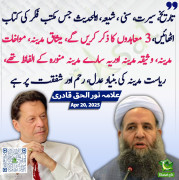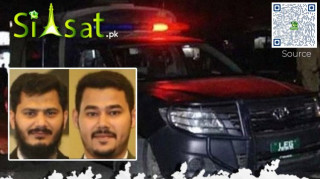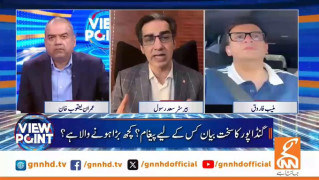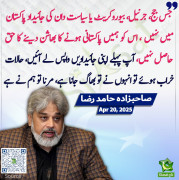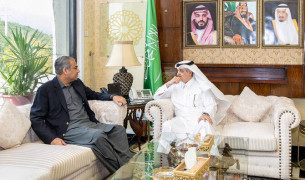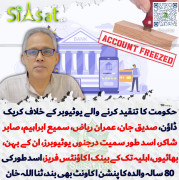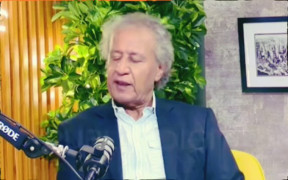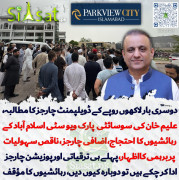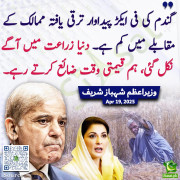Dear brother, you need to realise that almost all quranic translations are based upon make beliefs of translators. This is very much obvious in any translation that you pick out for yourself.
Many a time you will see additions based upon hadith which themselves are not necessarily authentic so it is they who you need to question not me.
From my point of view the quran is not an ordinary text that you can put it in to category and render it that way. It is a book that needs figuring out for the best over all context, surah context and verse context and that is why it then needs to be translated as such. It is fundamental to try and see who is the quran addressing and why it is addressing the people that it does or how it addressing etc etc. All this then can be made part of over all sense one gets by reading the quran as a whole, as a part in sense of a surah or verse. If you try and translate the quran any other way, you are going to take a verse in many different directions just because of meanings the words have. This is why people are able to see their all sorts of make beliefs in the quran. This does not mean my translation is free of that bias but that I an using rules of wisdom as basis then taking the quranic meanings in accordance to that rather than interpreting each word and then saying well this means this and that and that as well so one can have this belief as well as that because that is in the quran.
For example, look at translations by brelavies and deobandies. You will see that things they differ about they detail those words in the verses their own ways eg compare transaltions of ahmad raza khan marhoom and ashraf ali thanavi marhoom. You can compare wahabi translation with them and again you will see same thing. There is hardly any translation without additions of words that you are complaining about. The difference is only as I pointed out. So to expects unexpected is not right particularly when people have accepted this for centuries. You may not have read translations by shah brothers ie shah abdul qaadir and shah rafi uddeen and if you compared them to later translations you will see later translators add more explanations in their translations.
See also modoodi translation and see words added in it or left out of it.
http://www.tafheemulquran.org/Tafhim_u/001/surah_all.htm
http://www.tafheemulquran.org/Tafhim_u/002/surah_all.htm
Today as world is becoming a global village and quran is spread throughout and lot of objections have been raised and the only way these objections could answered is by adding further explanations within the translations. So we have muslim and muslim discusion and muslim and nonmuslim discusion and each has its own problems which in my view can be solved if we all worked according to ideas expressed by muslim scholars throughout time ie sticking to facts and formulas rather than mere make beliefs.
The quranic translations by their very nature bend the quranic understanding towards the understanding of the translators. The problem is whether any of those understandings can be back up by logic and facts or not.
http://www.nooremadinah.net/Al-Quran/TransComparisonEnglish/TransComparisonEnglish.asp
See following link, this is about translation of the quran by ahmad raza khan. See surahs one and two. In here have a look at bismillah translation. Can you explain why it is taken as such when like you say there are no arabic words to match these words? I hope you know that brelavi muslims are a great majority in india and pakistan and ahmad raza khan is their imaam.
http://www.alahazrat.net/alquran/Quran/index.html
Not only that but there are words in the quran that are left out of translation because they are though to be extra and therefore are not needed. This means people are omitting some words of the quran from their translations. Again it is because if you tried to convert them in any other language they will mess up the translations. This is proof enough that people translate the quran the way the text makes sense to them. They also justify their translations by putting forth their arguments which people accept and tat is why they follow them.
This is why to me whether you add any word in translation or leave out is not a big issue and it never was for past translations of the quran. The only valid point is whether you can back it up logically or not.
The other point is not to take the quran like any other document for its translation because human works are human works and they are produced by people with a particular purpose in mind which is common knowledge. Therefore some of the rules of translations apply more to them than religious texts. The difference is that we do not translate legal documents in sense of what we believe but what is required by law of the land. We have well defined legal terms which we use etc etc. Likewise when we translate a scientific document we are familiar with scientific terminology etc etc. Despite this translations could end up wrong that is why courts deal with lots of cases of copyright materials for example and likewise disputes of other nature. All this due to misinterpretation or misunderstanding, misrepresentation and human errors. So at the end of the day it is arguments that help court decide a case not mere accuracy of translation.
Religious text are translated by individuals to express their understanding of the message and it is not necessary that it is true representation of the original. If your mind accepts it fine it does not then move on to another. This is why people change from sect to sect or religion to religion and even from religions to nonreligion and nonreligion to religion. You read one translation and think religion is rubbish yet you read another and think it is great.
To think a lol of different ways about things needs a lot of experience in life. sir syed, farahi, iqbal, parwez etc spent a lot of life studying various aspects of islam in contrast to reality of real world and drew some rules and those rules are 100% valid even though they themselves were not able to complete their works on the quran and islam as a whole.
For anyone to reach that stage one has to become a free thinker and that is hell of long and hard struggle particular from within muslim society because when one leaves make beliefs one is condemned from all sides so one has to be strong enough to take all this beating upon himself and come through unscathed. This is why a mullahs is a mullah and not sir syed. A mullahs is a mullahs and not farahi, a mullahs is a mullahs and not iqbal, a mullahs is a mullah and not parwez. I think ghamdi is well on his way but whether he reaches that stage remains to be seen. Even though I would not categorise modoodi, dr israr and dr qadri, dr adeel etc as mullahs but they are far too close to mullahs to be categorised as muslim free thinkers of islam.
I hope you try and understand what has ben pointed out so far.
regards and all the best.
Surah 93 verse 7
Did He not find you wandering and guide you? (An English Translation published in Beirut Lebanon by Dar-Al-Choura).
And He found thee wondering, and He gave the guidance. (Abdullah Yousuf Ali).
And found thee lost on the way and guided thee? (Mohammad Asad).
And He found thee wandering in search for Him and guided thee unto Himself. (Maulvi Sher Ali Qadiani).
And He found thee wandering, so He guided thee. (Abdul Majid Daryabadi).
And found thee groping, so He showed the way. (Maulana Mohammad Ali Lahori Qadiani).
And He found you uninformed of Islamic Laws so He told you the way of islamic laws. (Maulana Ashraf Ali Thanvi),
Did He not find thee erring and guided thee? (Arberry).
Did He not find thee wandering and direct thee? (Pickthal).
And saw you unaware of the way so showed you straight way. (Maulana Fateh Mohammad Jallendhri).
" And He found you drown in His Love therefore gave way unto Him "
(Aalahazrat Imam Ahmed Raza Khan).

